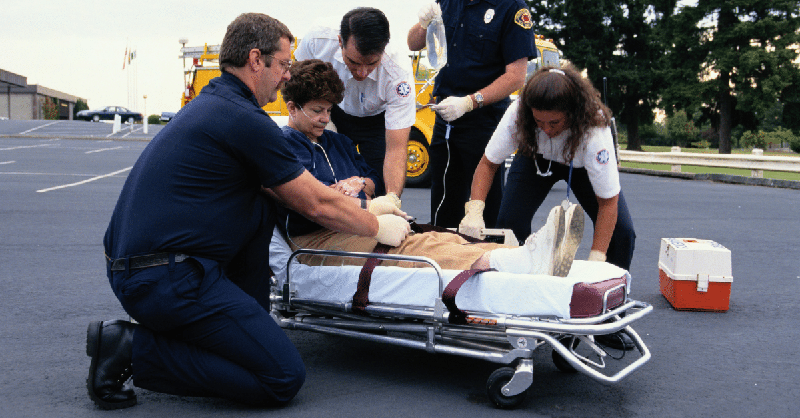
A slip and fall accident is a type of accident where someone hurts themselves on someone else’s property. If you suffer a slip and fall injury, you have the right to sue, whether it happens on residential or commercial property. An experienced personal injury attorney can assist you in filing your slip and fall claim and pursuing damages before the statute of limitations expires.
What Is the Slip and Fall Statute of Limitations in Connecticut?
The statute of limitations determines the time limit in which people must initiate a personal injury lawsuit. You can think of the statute of limitations as a running clock that begins when you sustain an injury. The time limit is two years in Connecticut.
What happens if you file a personal injury lawsuit after the deadline? The property owner will ask the courts to dismiss the case, which the court will likely grant. There are some exceptions to the rule. A personal injury lawyer may request “pauses” to the statute of limitations so that you can begin the lawsuit.
How Does Comparative Negligence Work?
Comparative negligence involves assigning blame to each party. For example, the courts may allocate 60% of the responsibility to the property owner for the incident and 40% to you. That would mean the property owner would pay for most of the damages.
Connecticut uses a rule called modified comparative negligence. It says the plaintiff can earn compensation, even if the court finds them at fault. However, the plaintiff’s liability cannot exceed 50%; otherwise, they’ll receive nothing.
Let’s say that you walk onto a neighbor’s property, and their dog bites you. The jury finds you 30% at fault. They also conclude that your damages — medical bills, pain and suffering, and rehabilitation — total $30,000.
Modified comparative negligence subtracts your 30% liability from the award. Put another way: the property owner is on the hook for 70% of the payments and must pay you $21,000. That’s $30,000 minus the $9,000 or 30% that constitutes your fault.
Connecticut’s comparative negligence rules can influence your case, even if you don’t go to court. Personal injury lawyers and insurance companies use it to negotiate out-of-court settlements. It’s why having an experienced and proactive lawyer is essential when pursuing a slip and fall case.
What to Do After a Slip and Fall Accident
If you suffer an injury, get medical attention. Your well-being is the number one priority. If the accident happens in someone else’s house or business, you can hold that property owner accountable later.
Start by reporting the accident to the proper authorities. Provide a clear and detailed description of what happened and identify any witnesses that can corroborate your story. Repeat this process when you get medical attention. Tell the doctors and nurses what happened leading up to, during, and after the event.
Contact a Personal Injury Lawyer Today
If you suffer a slip and fall accident on someone else’s property, it makes sense to explore your legal options. A personal injury attorney from Jonathan Perkins Injury Lawyers can help. We offer free case evaluations for cases, big and small.
Call us at 800-PERKINS to schedule your consultation today.
